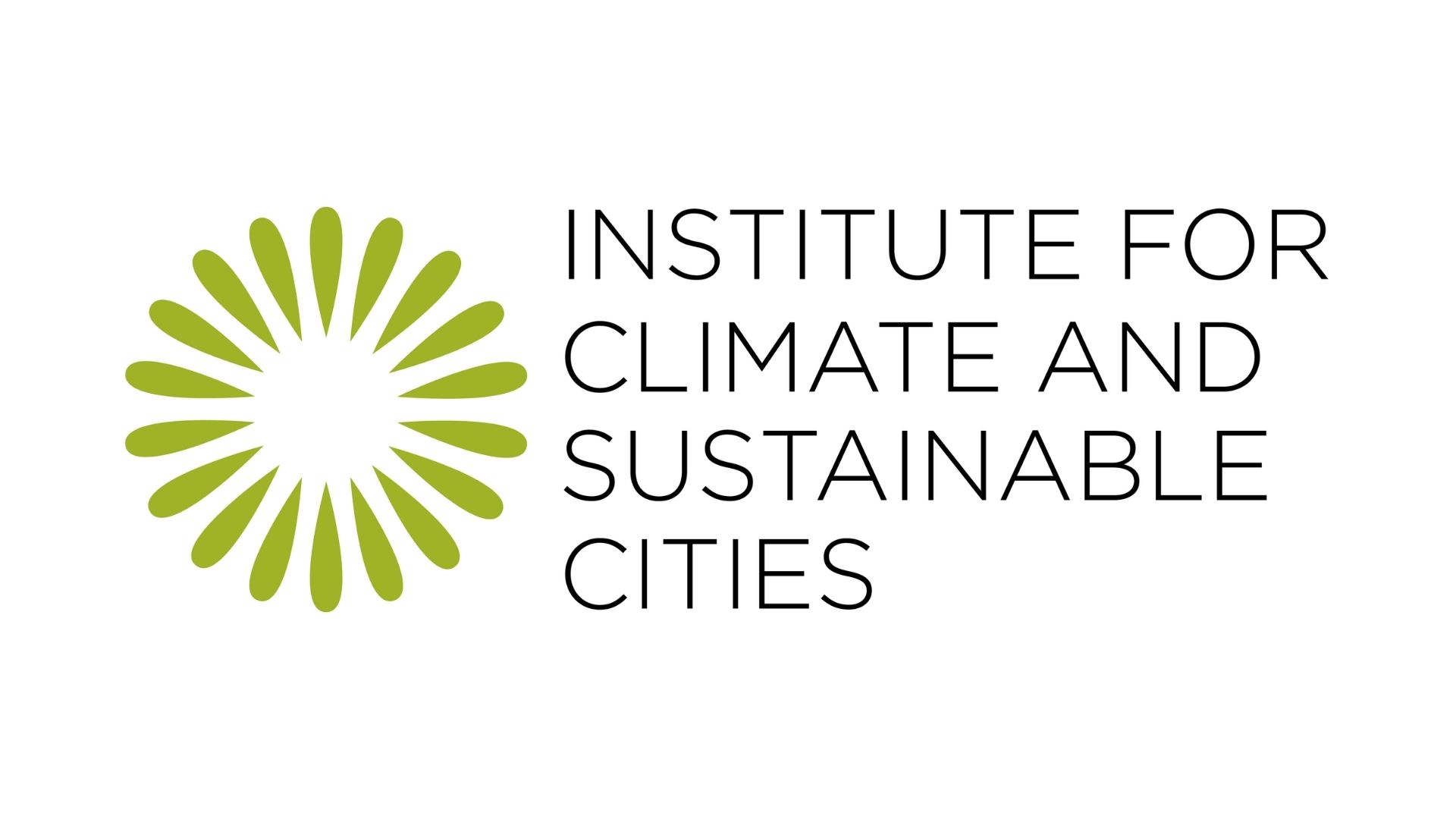Govt pushed to address energy prices, supply amid economic growth
- August 27, 2024
- 0

Non-profit organizations are putting pressure on the government to tackle excessive electricity bills as the country gears up to become an upper-middle-income country (UMIC).
In a report by Manila Standard, the Institute for Climate and S
Additionally, more industries would demand a consistent and expanded energy supply, resulting in greater overall consumption.
Manansala went on to say that rising electricity costs may discourage industries from expanding due to “prohibitive expenses.” These costs may impede progress toward upper-middle-class status since they have a direct association with the Gini coefficient, a gauge of income inequality.
The ICSC recommends that the government prioritize indigenous and renewable energy resources to reduce its susceptibility to volatile global energy markets.
Meanwhile, the Philippine Energy Efficiency Alliance Inc. (PE2) called for a more aggressive impl
PE2 president Alexander Ablaza stressed that while the increase in gross nati
According to PE2, to achieve a reduction of at least 182 million tons of oil equivalent in final energy consumption by 2040, the Philippines must secure over Php 12 trillion in energy efficiency investments.
Widespread adoption of energy efficiency measures across various sectors can mitigate the growing energy demands linked to higher living standards. Many advanced economies demonstrate that boosting investments in energy efficiency helps manage and even reduce energy intensities despite economic growth.